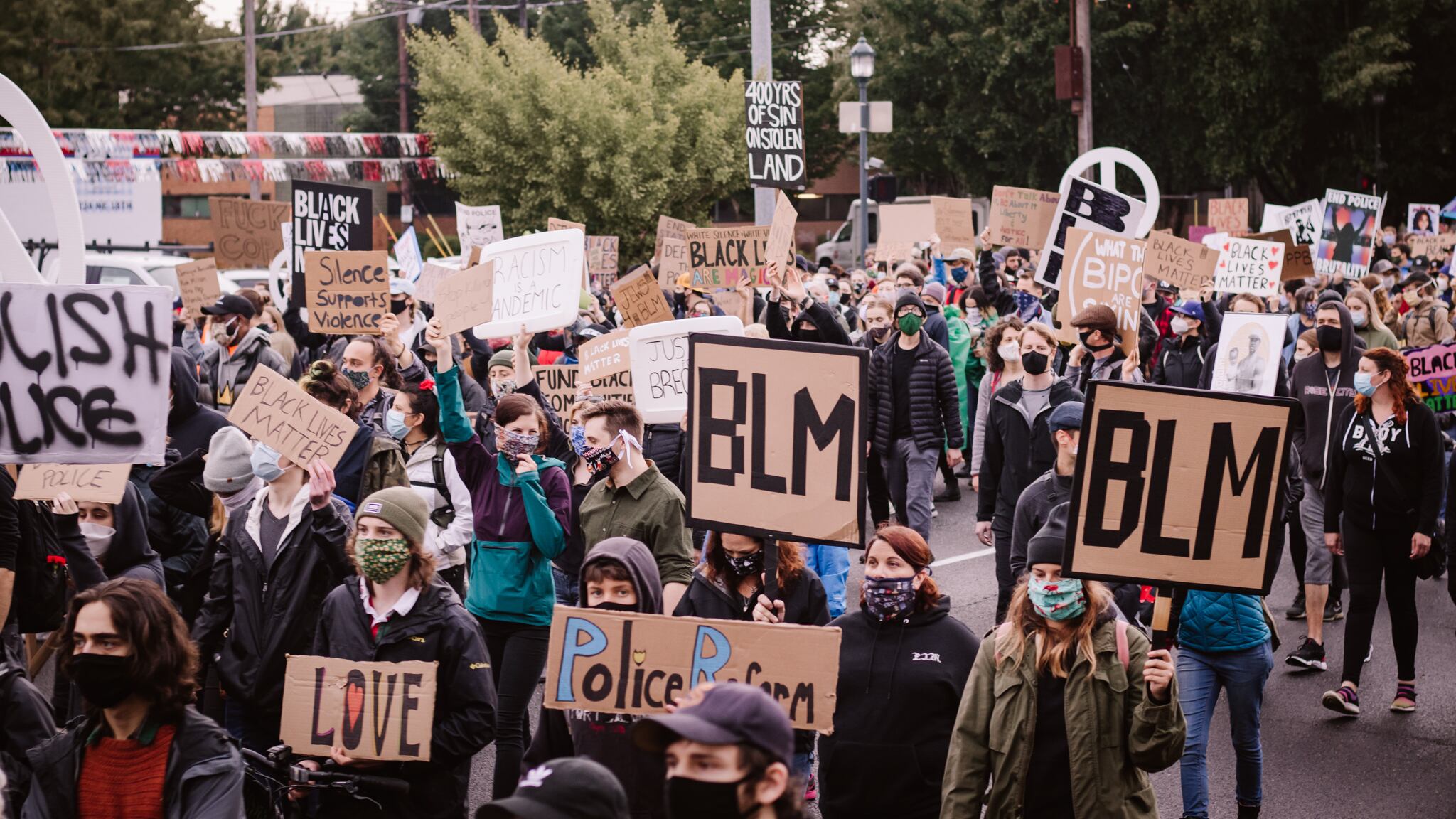Gov. Kate Brown has called a special session of the Oregon Legislature for June 24 to address the COVID-19 pandemic and police accountability reforms, she said in a morning press release.
"We are at a unique moment in America," Brown says in a statement. "I am calling a special session to take up two urgent issues facing our state: the COVID-19 pandemic and police accountability. Several pandemic-related policies that I have implemented via executive order, including the temporary eviction moratorium and protecting CARES Act payments from garnishment, should be codified in statute. And the public's call for significant police reform is too urgent to wait until the next regular legislative session. It's imperative that the Legislature take action on these issues right away."
Republicans immediately raised both practical and principled objections to the call for a special session.
"I fail to understand why the governor is calling the Legislature in for a special session, an expensive undertaking for taxpayers, in the middle of a pandemic, when it is not intended to address the state budget deficit," said Senate Minority Leader Fred Girod (R-Stayton) in a statement. "The intent of this special session should be to balance the state budget, which is the fundamental job of the Legislature, and provide relief to Oregonians suffering from the ongoing COVID-19 economic disaster. Instead, the governor is prioritizing policy bills."
Girod notes that the Oregon Supreme Court last week upheld the governor's authority to independently set policy in an emergency and that Marion County currently does not allow gatherings of more than 25 people, far fewer than the number in the Legislature.
One question hanging over a special session is whether Republicans will show up. Senate Republicans spokeswoman Kate Gillem says they plan to.
Republicans posted a list of 25 policy concepts they say Democrats will consider as part of the special session. They include addressing five priority items from the People of Color Caucus for police reforms as well as items directly related to the impacts of COVID-19 including addressing evictions and foreclosures, though the specifics of that are not entirely clear.
The list also includes items that were not addressed in the last regular session of the Legislature, including technical fixes to the corporate activities tax and the memorandum of understanding on forest pesticide spraying, which environmentalists and logging interests had reached a deal on. Neither of those are likely to prove controversial—but they are an indication of the sprawling ambitions of the session.

Update, 2 pm: The governor's office says that the list of bills is not a "definitive list" for the session and was used in discussions with legislative leaders.
"While it's up to the Legislature to determine which bills are considered during the special session, the governor believes strongly that swift action on racial justice and criminal justice reform is needed, and she hopes to sign the People of Color Caucus legislative agenda into law," says Brown spokesman Charles Boyle.
"There is broad bipartisan support for police accountability bills and it's time to pass them now. In addition, we need to take action on urgent COVID-19 related items, like eviction moratoriums, to ensure Oregonians can continue to stay in their homes and businesses can stay in their locations during this pandemic."
The Legislature will meet in person, says Danny Moran, spokesman for House Speaker Tina Kotek. "Legislative leaders are putting a plan together to ensure safety, including plans for physical distancing while in the building, the use of face coverings and having all nonessential staff work remotely." (Moran says staff will be required to wear masks; members of the Legislature cannot be required to do, Moran says, but it will be "strongly encouraged.")
Brown says she is finalizing a list of $150 million in proposed general fund savings, which she will present later this week. She plans to call a special session for the budget later this summer.
"In the meantime, I will continue pressing Congress to support the state and local governments that are reeling from the economic downturn. Unless the federal government takes action, states like Oregon could be forced to make significant cuts to schools, health care, and senior services," she says in her announcement.
